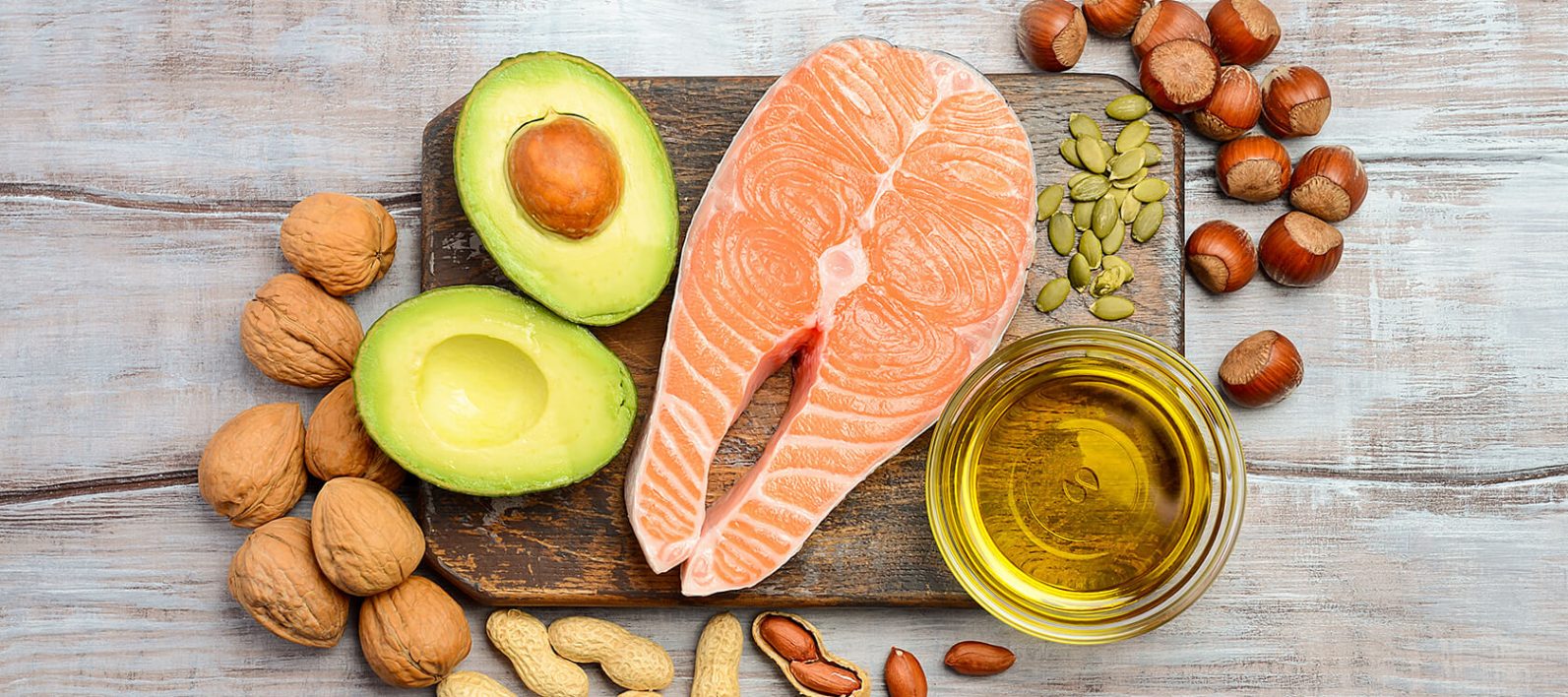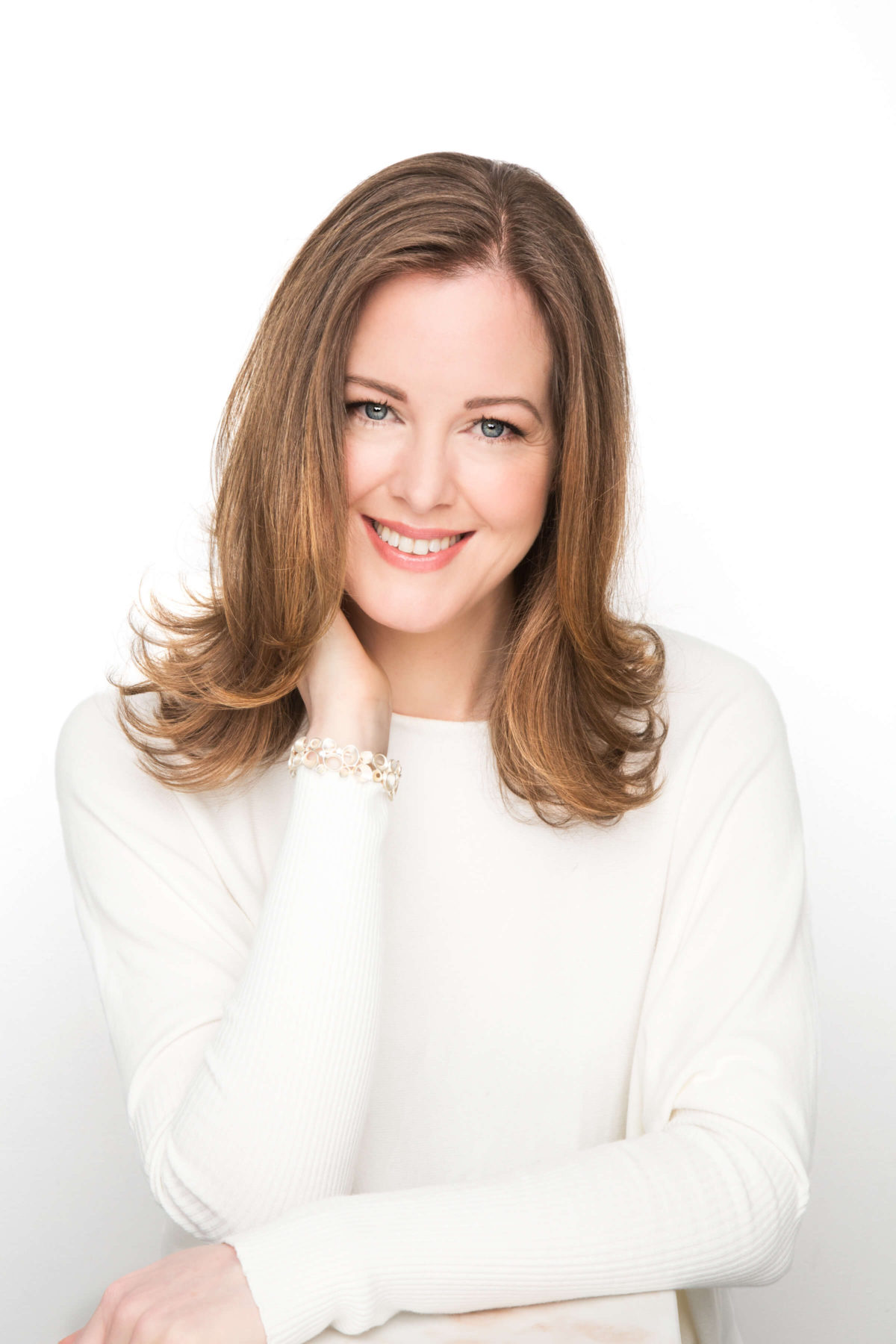This website uses cookies so that we can provide you with the best user experience possible. Cookie information is stored in your browser and performs functions such as recognising you when you return to our website and helping our team to understand which sections of the website you find most interesting and useful.

Home » Feed Your Health » Nutrition »
Coconut oil or olive oil? Butter or rapeseed oil? Eat avocados or limit them? Are nuts good or bad?
When it comes to fat there are so many mixed messages that it’s easy to get confused. When it was first suggested that we might be eating too much fat it led to an explosion in low fat versions of everything and the kind of fear of eating fat that is now there for people terrified of sugar today. But, just like sugar, there is no need to fear fat. Fat is an essential part of a healthy diet and the trick is to go for the healthiest types and from the best foods.
Fat for your body
Fat is an essential nutrient. Every cell in your body needs fat and it is essential for healthy skin, healthy hair and to make all the hormones your body uses daily.
We hear a lot of negative things about fat because it is very high in calories. This makes it one of the things someone might look at if they are watching their weight. Did you know that all oils have the same calories? This is actually true – a dessert spoon of any oil – olive, rapeseed, sunflower or coconut – has around 108 calories. If you add a healthy amount of oil to salads or cooking, great, but too much can add a lot more calories than you might have been expecting.
“Fat” is actually a catchall word for a group of nutrients that include omega-3 fats, saturated fats, monounsaturated fats (try saying that three times in a row…) and polyunsaturated fats. And, even all these fats have subgroups and subdivisions and so on. Some fats are definitely better for you than others and some are very special indeed. We take a look at some of the best foods you can eat to give your body the healthy fats you need.
Fish and omega-3 fats: omega-3s are a very special group of fats found mainly in fish, nuts and seeds. EPA and DHA are the omega-3s found in fish and ALA is the omega-3 found in nuts and seeds. EPA and DHA, the omega-3s found in fish, are needed for normal brain development during pregnancy as well as maintaining normal brain function in adults. Did you know that your brain is around 60% fat? The omega-3, DHA, is one of the main types of fat found in your brain. Make sure you are getting the omega-3s you need by eating oil-rich fish like mackerel, salmon and sardines twice a week. There are lots of ways to eat fish – and if you need some inspiration check out our recipes for ideas.
Olive oil: an important part of the heart-healthy Mediterranean diet, olive oil is a good source of healthy monounsaturated fats. Use it in cooking and on salads but like all fats, watch how much you use. It is easy to add a lot of oil and calories if you are enthusiastic with oil when you cook. Remember: as we mentioned above, a dessertspoon of any oil is around 108 calories. Basically, don’t pour oil like you’re a celebrity chef – use a spoon – and you’ll be fine.
Avocados: we couldn’t talk about fats without talking about avocado. Avocados are around 20% fat and are a good source of vitamin E. The main type of fat in avocados is monounsaturated fat, which is the type you’ll find in olive oil and rapeseed oil. Watch out though – many of the other claims made about avocados don’t stand up when you really look at the nutrition. They are not a good source of omega-3 fats, folic acid or protein – they have only 2.5g of protein per avocado. So do count them as one of your 5-a-day but not as one of your proteins.
Almonds: nuts are high in fat but still really, really good for you. Almonds are a great source of fibre as well as iron, calcium, B vitamins, zinc and copper. Like all high fat foods, portions matter. Go for a handful of almonds (around 50g) rather than a full 200g bag.
Fats to avoid?
While some fats bring healthy benefits, some are best limited. Foods like processed meats and treat foods like biscuits and cakes can have less healthy types of fat. These are best kept as occasional treats while you focus on getting your healthy fats from far more nutritious foods

